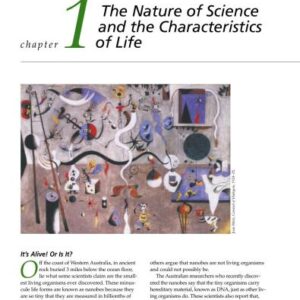During the past several decades, much research effort has gone into the elucidation of the role of neuroendocrine systems as secretory and metabolic regulators of cells of a variety of organs and structures, including the testes, ovaries, adrenals, thyroid, pituitary gland, and mammary glands. However, the role of cells comprising such organs and structures in the modulation of neuroendocrine processes has received considerably less is generally less well appreciated. attention and Nonetheless, it is important that we understand the actions on neuroendocrine systems of substances that reach the brain by way of the vasculature, including hormones, cytokines, toxins, amino acids, drugs, and similar agents. In order to analyze the present state of knowledge on this topic, experimental scientists and clinicians, whose shared interests include actions of circulating agents on the brain, met at a satellite symposium of the XXXI International Congress of Physiological Sciences. This symposium, entitled Circulating Regulatory Factors and Neuroendocrine Function, was held in Smolenice Castle, Czechoslovakia, June 26-July 1, 1989, and reviews delivered at this symposium as invited presentations are published in this volume. Presentations given as free communications have been published separately and are available in Endocrinologia Experimentalis 24: 1-273, 1990.
Biology
[PDF] Circulating Regulatory Factors and Neuroendocrine Function John C. Porter, Wojciech Kedzierski (auth.), John C. Porter, Daniela Je?ov? (eds.)
$19.99

![[PDF] Circulating Regulatory Factors and Neuroendocrine Function John C. Porter, Wojciech Kedzierski (auth.), John C. Porter, Daniela Je?ov? (eds.)](https://pdfelite.com/wp-content/uploads/2024/04/f3a54f2daa72a98922f55600a757fd98-d.jpg)




Reviews
There are no reviews yet.